CIMMYT Annual Report 2020
We began 2020 with grim news of the COVID-19 pandemic spreading from country to country, wreaking havoc on national economies, causing countless personal tragedies, and putting additional pressure on the livelihoods of the poor and hungry.
The global crisis exposed the enormous vulnerability of our food system.
If we have learned anything from the past year, it is that we need to urgently invest in science for renewed food systems that deliver affordable, sufficient, and healthy diets produced within planetary boundaries.
During this time, the dedication and resilience of the CIMMYT community allowed us to continue making important advances toward that vision.
We hope you enjoy reading our stories and will join us in actively working towards resilience, renewal and transition in our agri-food systems, to ensure that they are strong in the face of current and future crises.
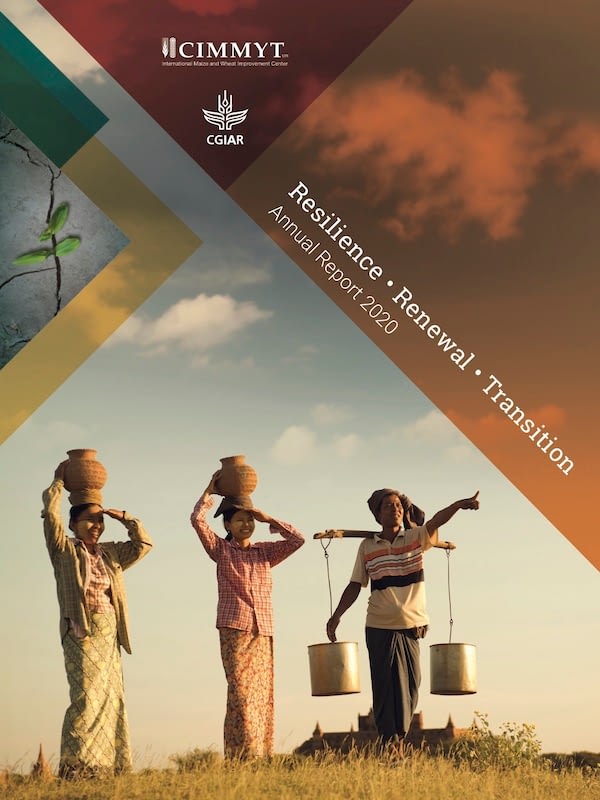 Read the web version of the Annual Report 2020
Read the web version of the Annual Report 2020
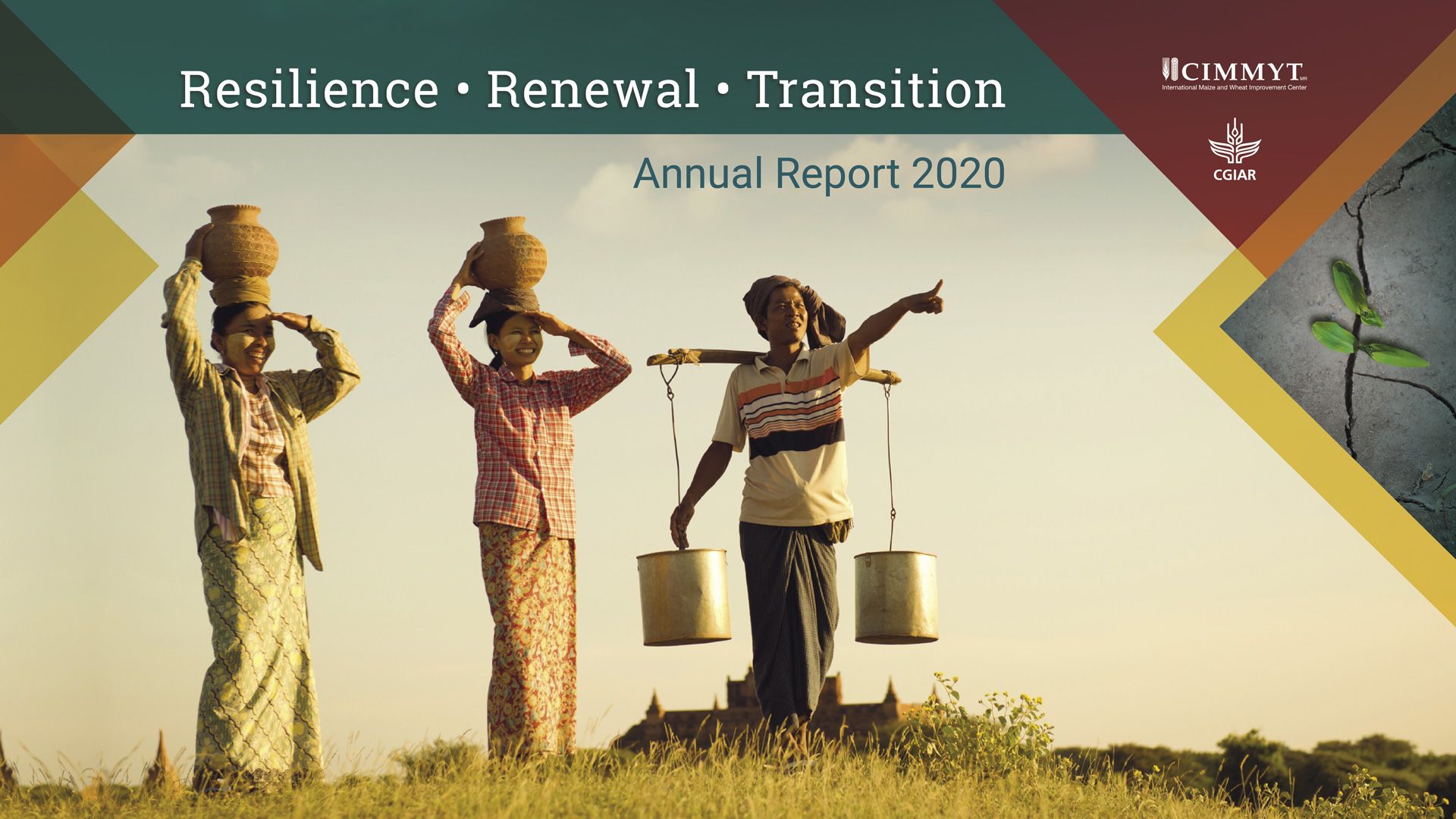
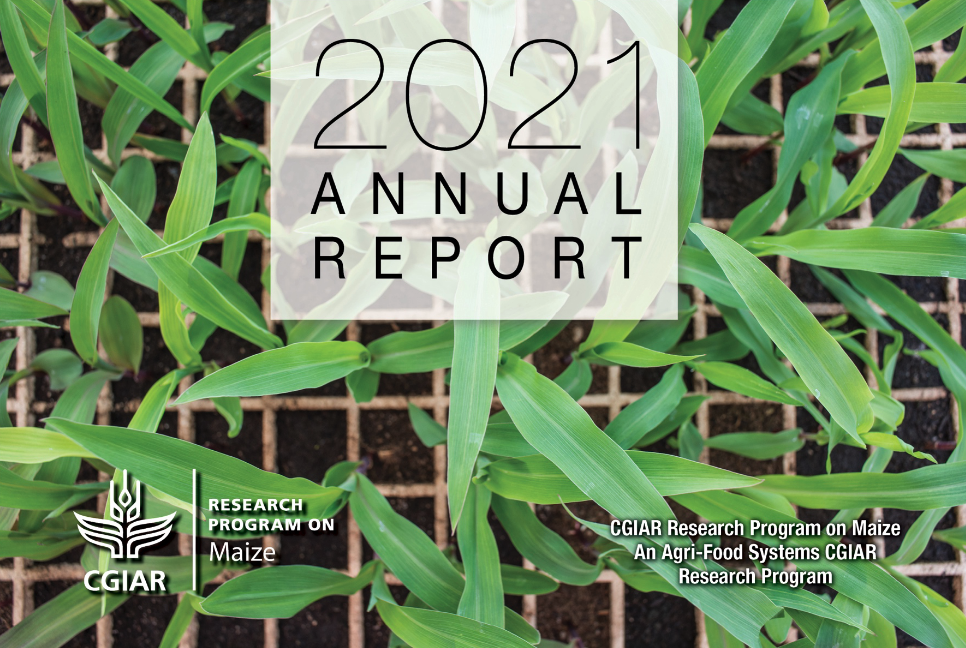
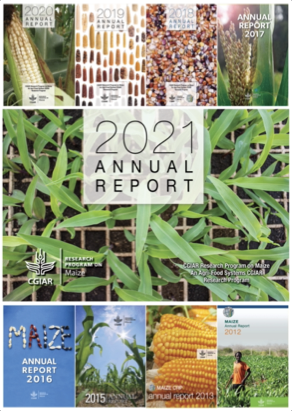
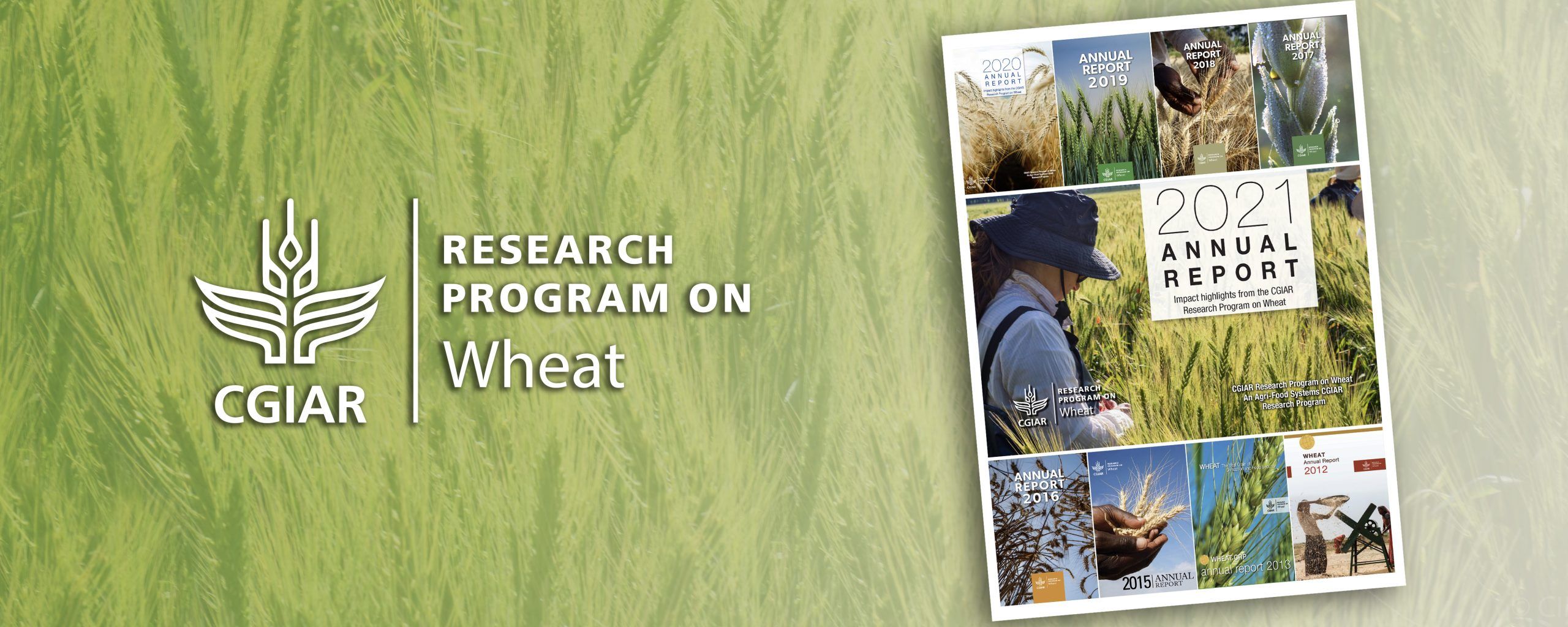
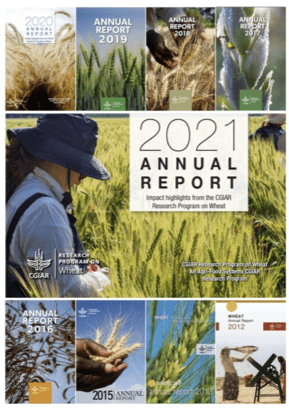
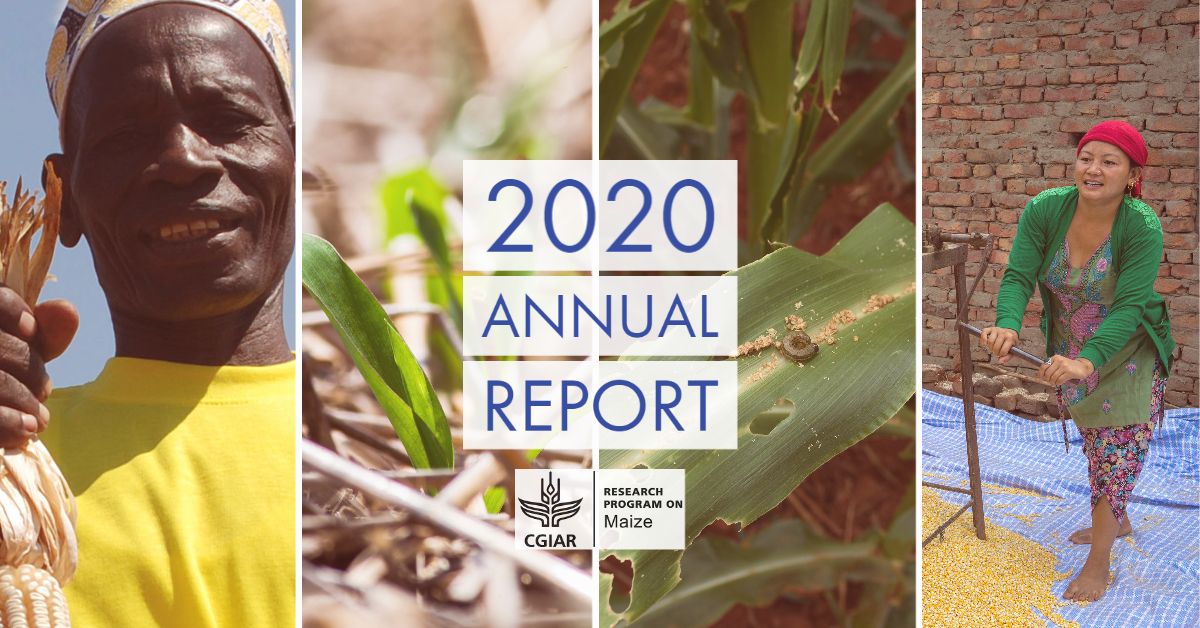

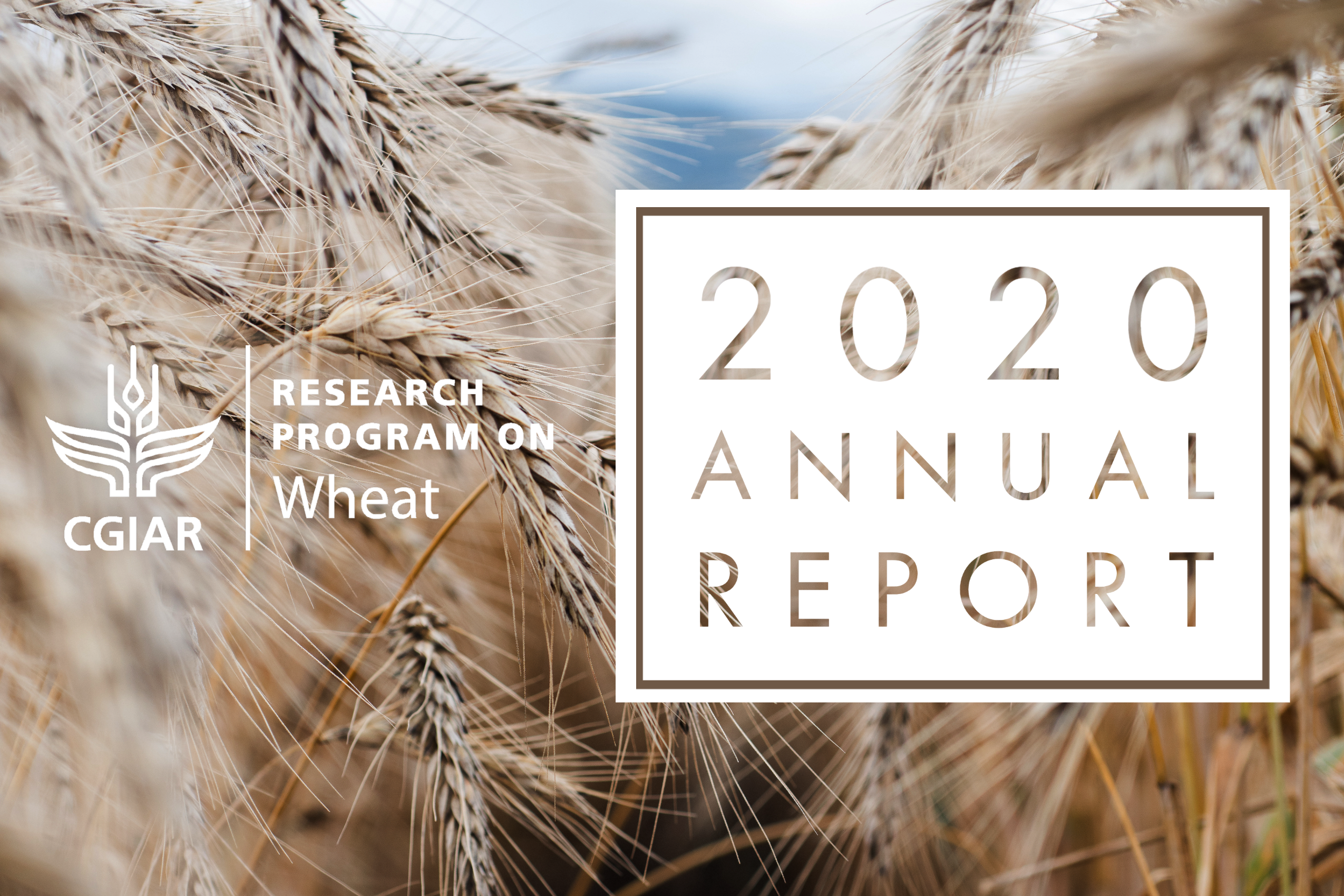
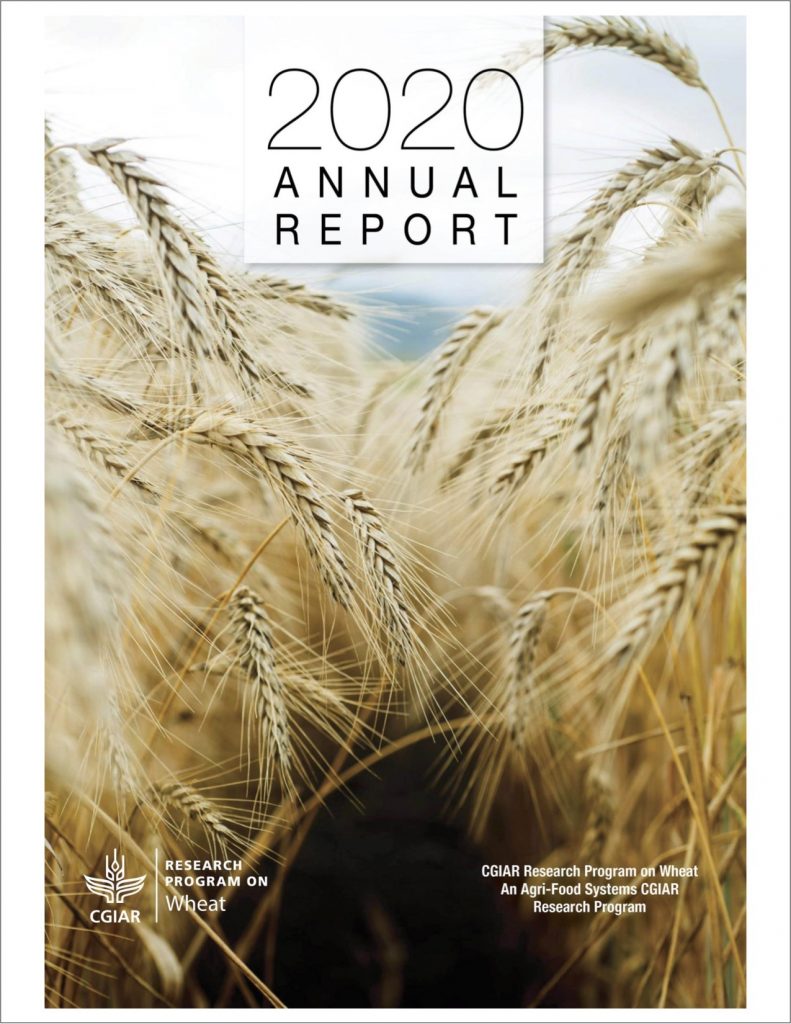
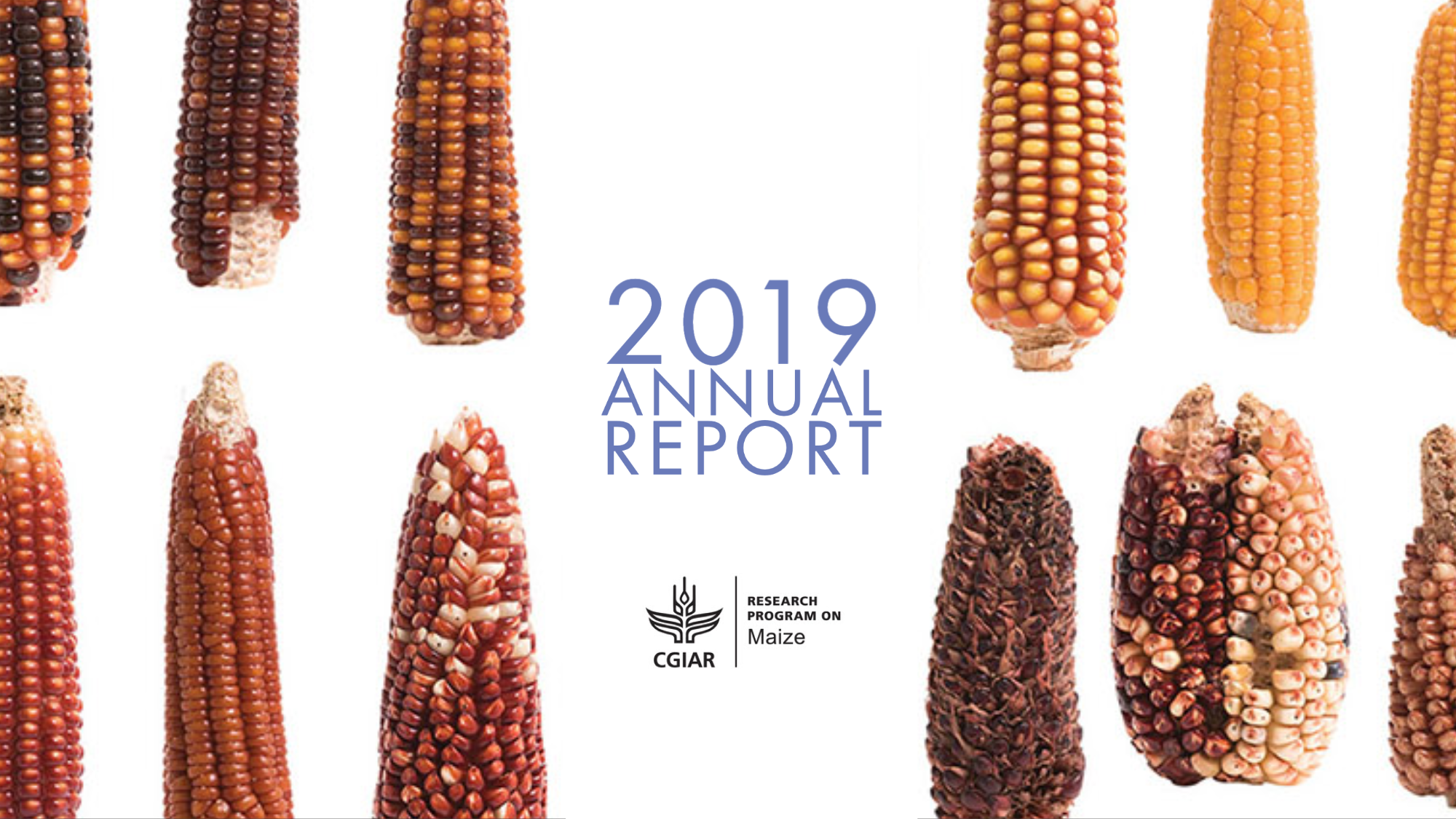
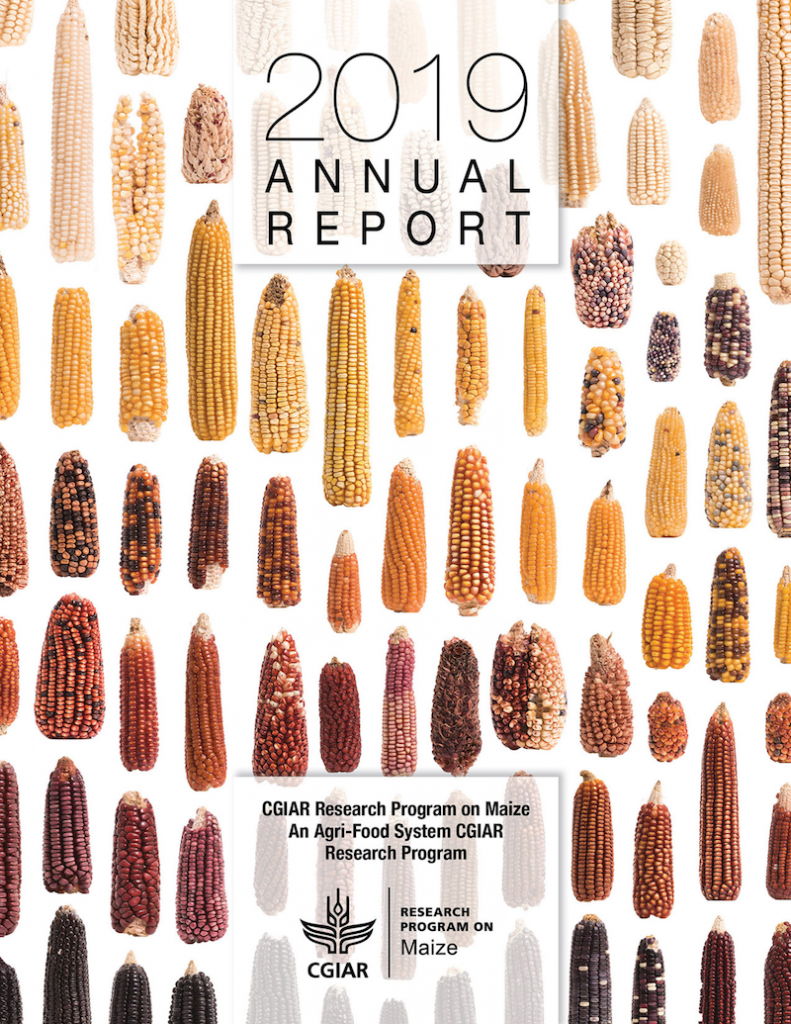
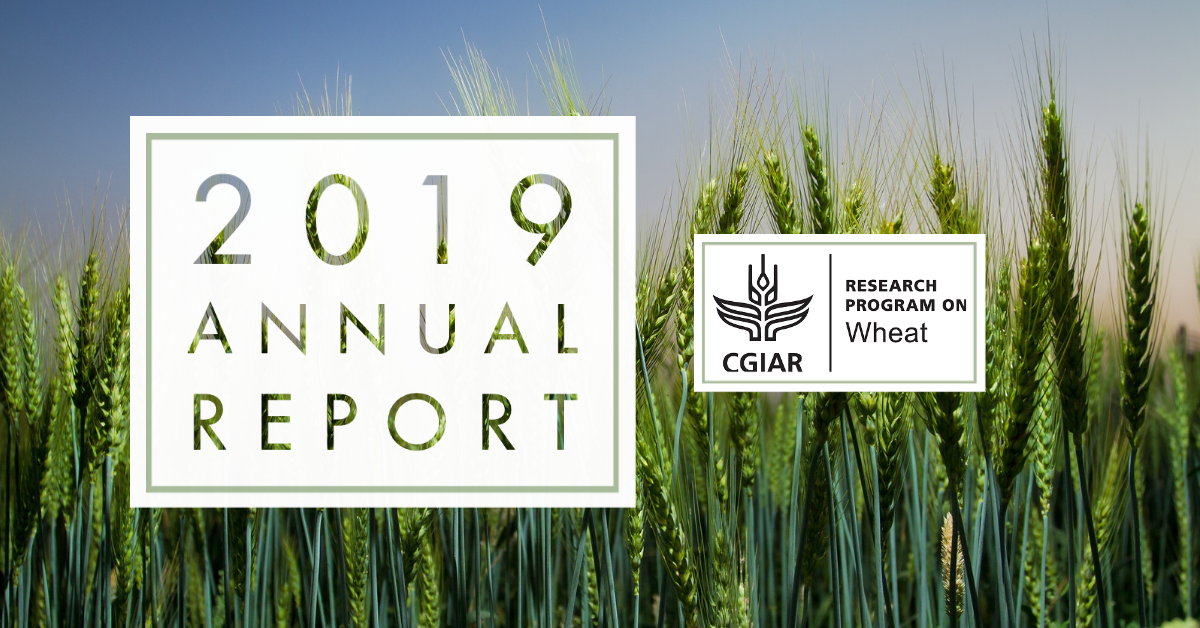
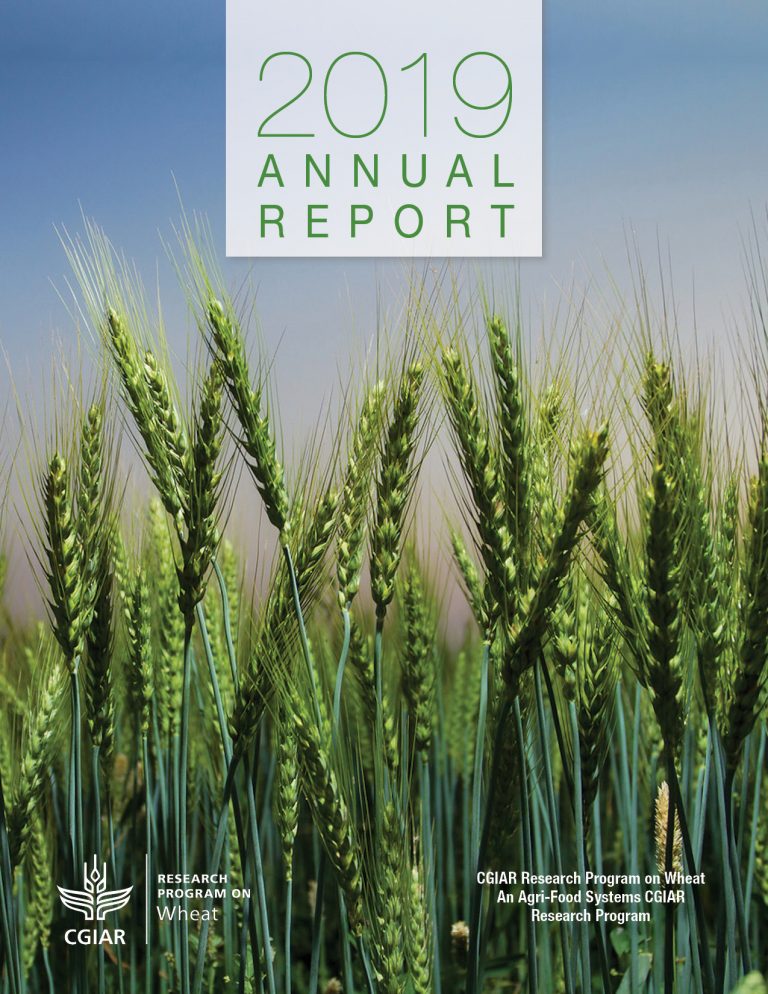
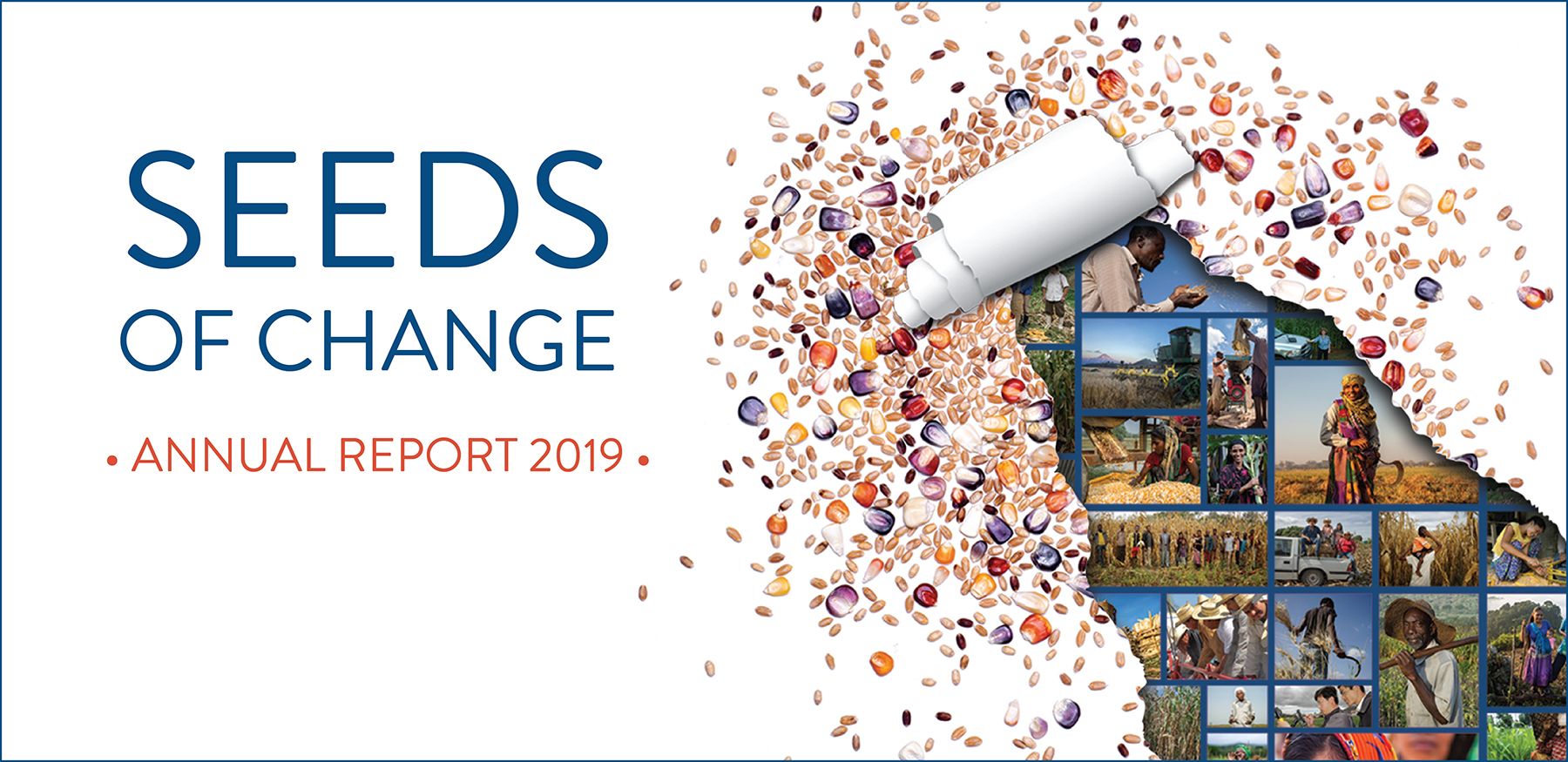
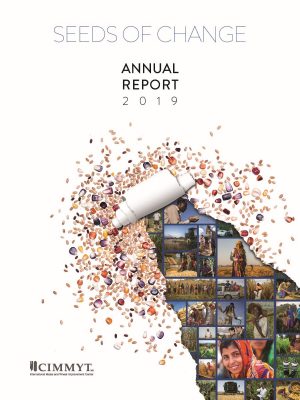
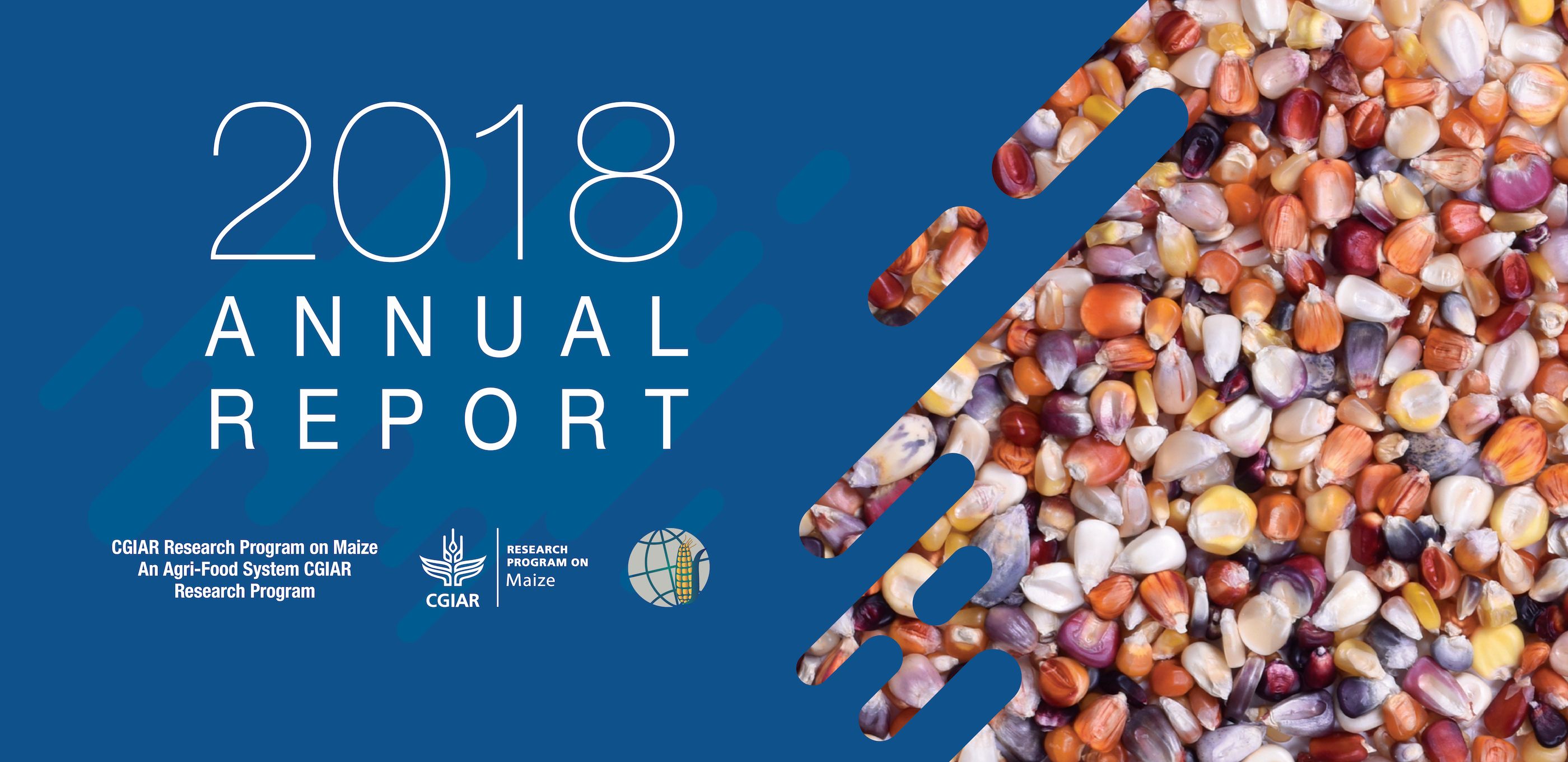
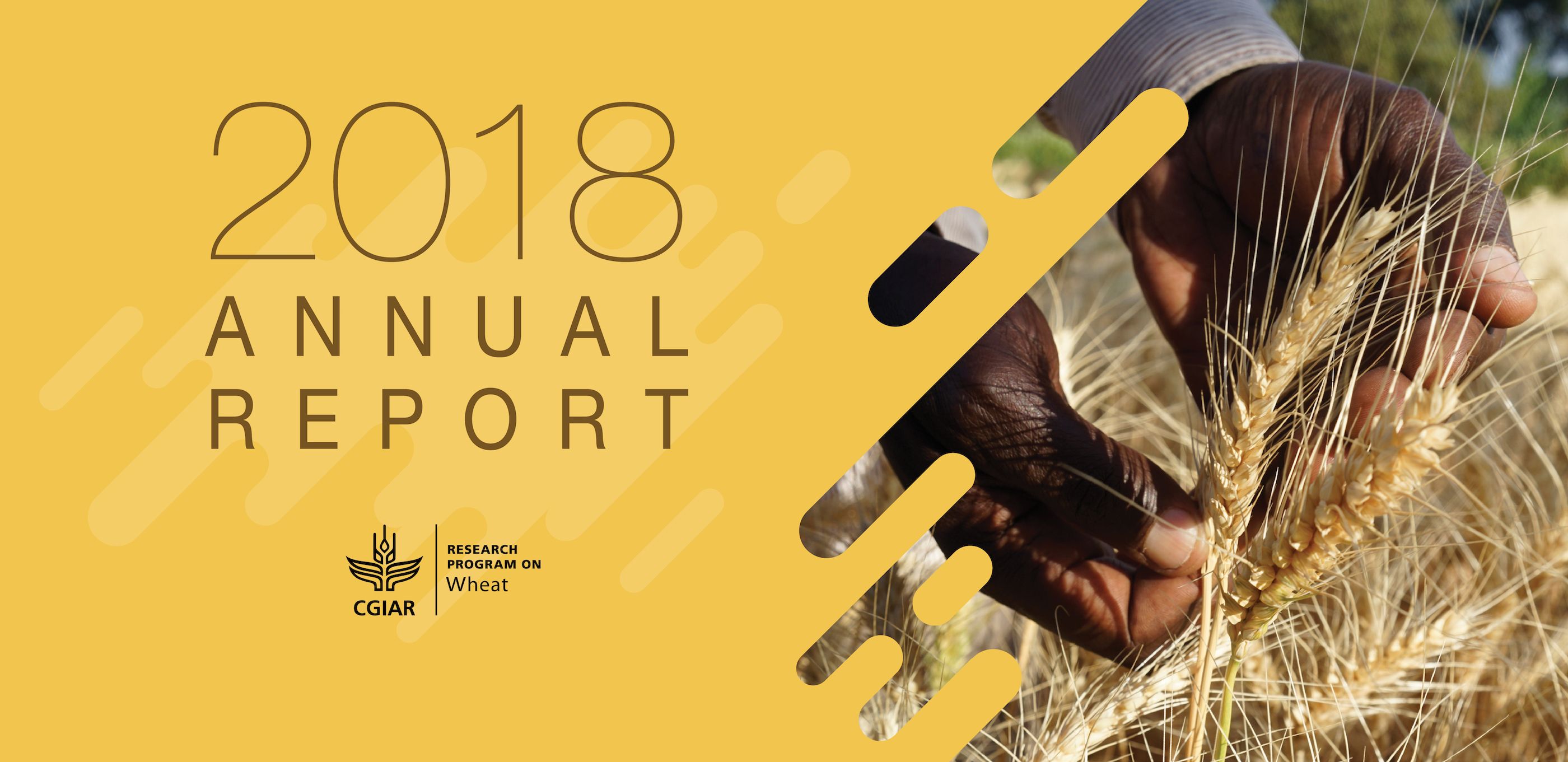
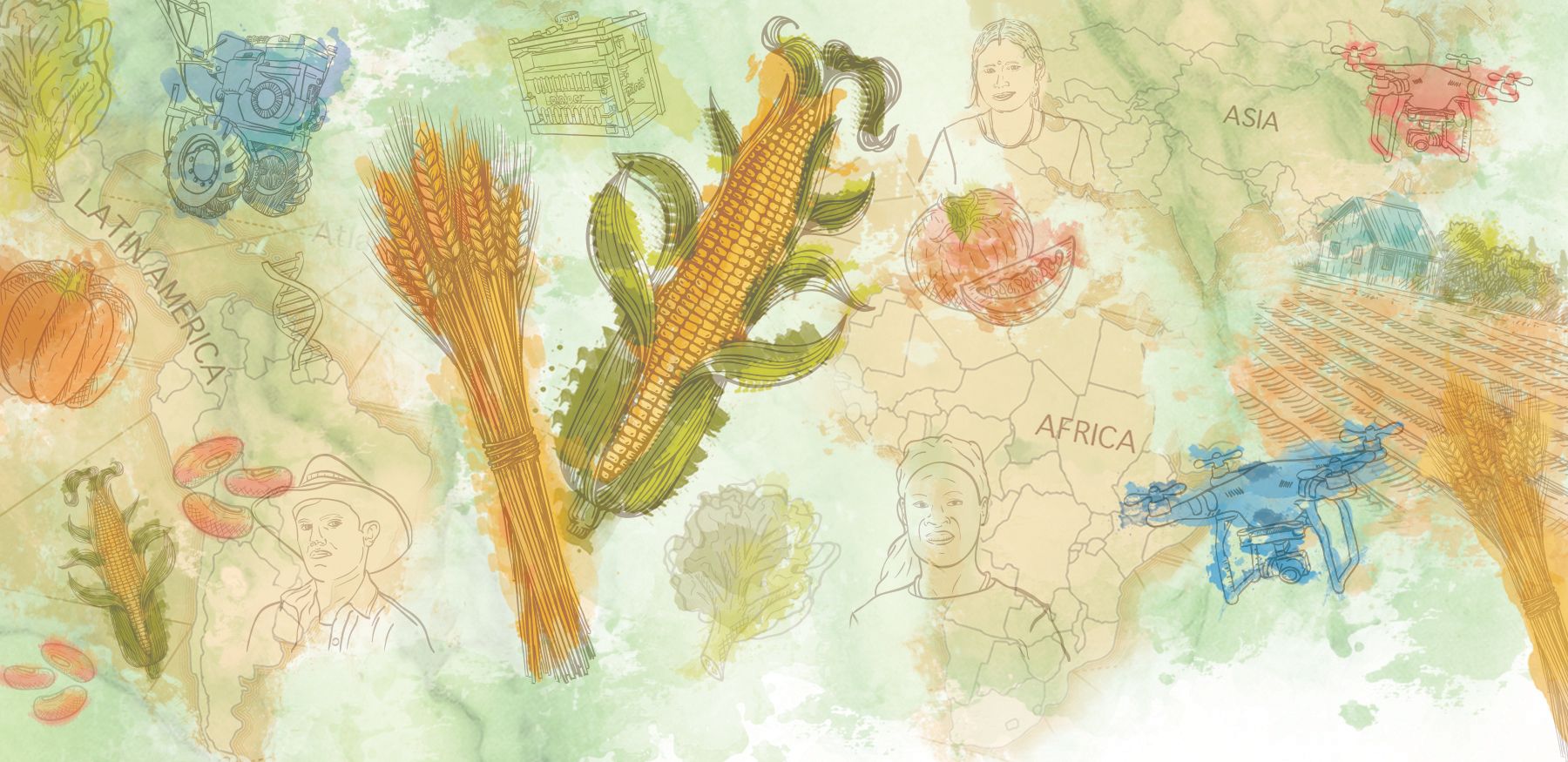

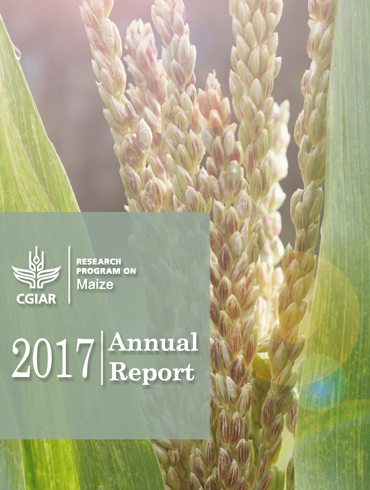
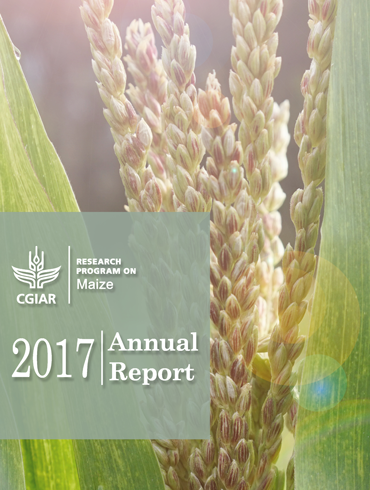 In 2017, 79 improved maize varieties were released by the
In 2017, 79 improved maize varieties were released by the 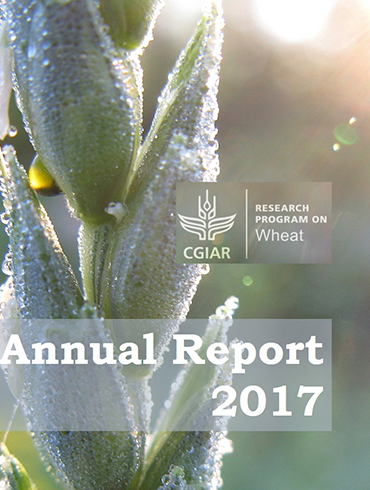
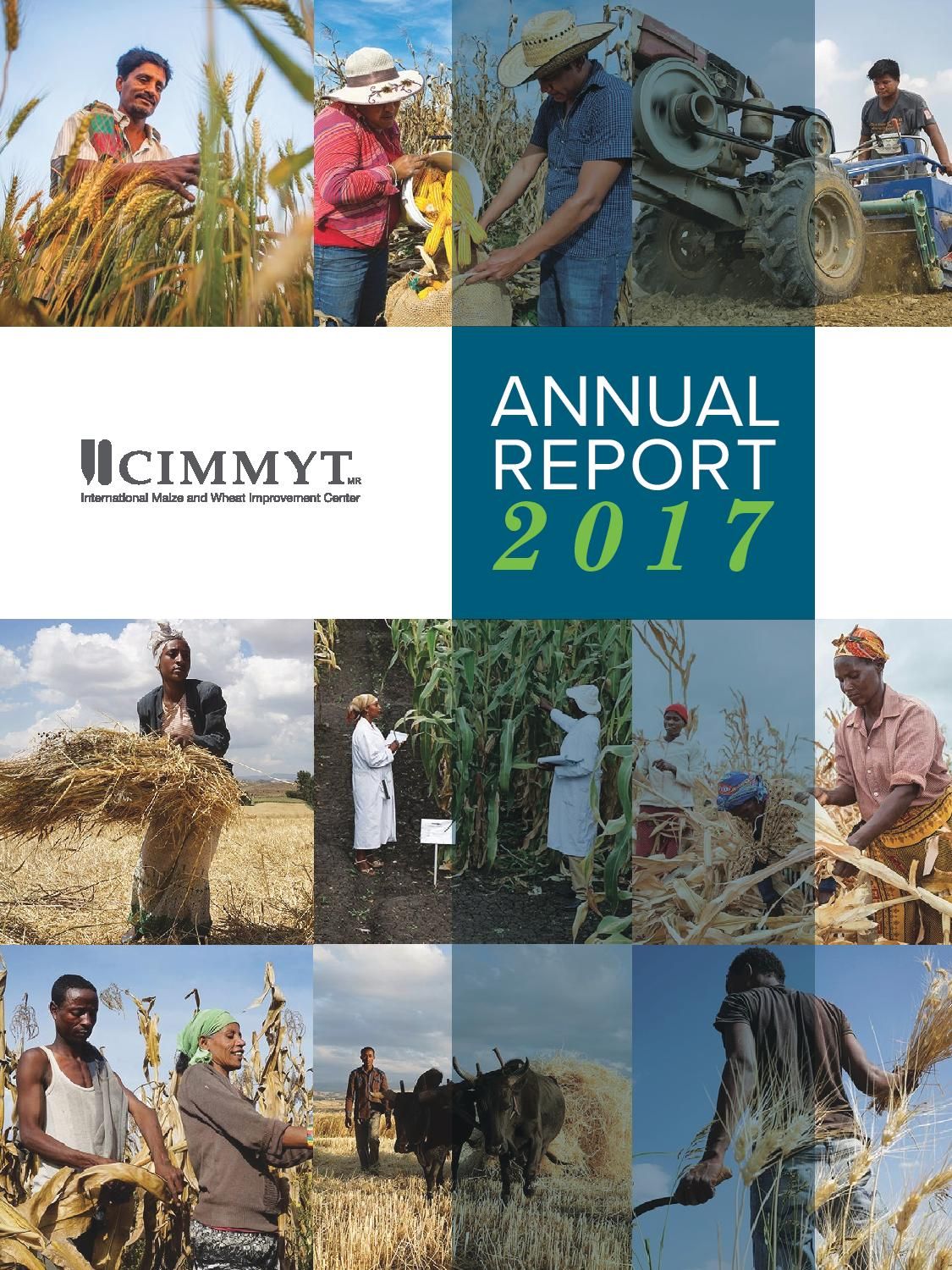
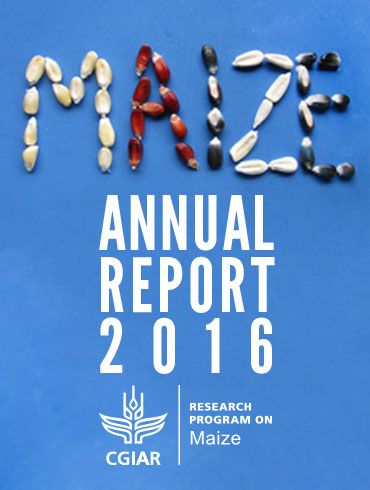
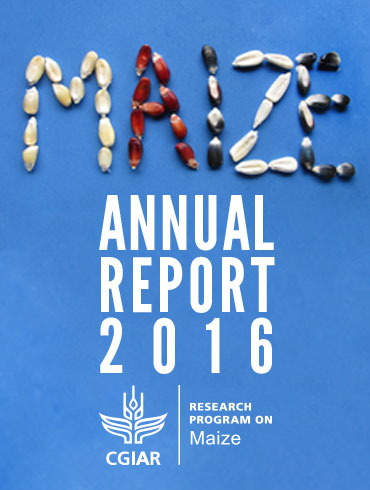 In 2016, the
In 2016, the